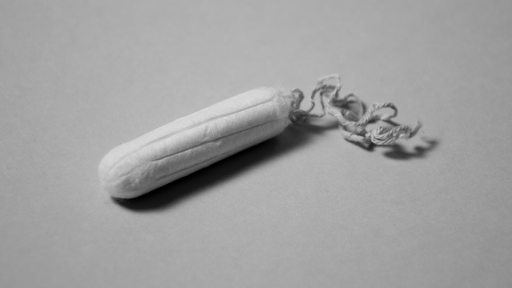Source: News & Observer
Democratic lawmakers and students in North Carolina want to end the state tax on menstrual products and ensure that schools can provide those menstrual products to their students, according to the News & Observer.
The “Menstrual Equity for All” legislation was filed last week in the state House and Senate. It aims to exempt tampons and other menstrual products from the state sales tax – as it stands now, tampons are considered a “luxury product”. The legislation would also make permanent a grant program that allowed some public schools to request state funds to provide free menstrual products for their students.
Making this previous one-time grant program permanent with this legislation would be excellent for the state, especially considering that the program was so popular that the state Department of Public Instruction ran out of the $250,000 in funding in less than one week; only 66 of the 134 applications were funded.
Menstrual Equity for All legislation would make the grants a recurring budget item and provide $500,000 for the program.
This legislation is meant to address the growing issue known as “period poverty”, and the News & Observer reported that period poverty is “defined as a lack of access to sanitary products, toilets, menstrual hygiene education, hand washing facilities, and, or, waste management.”
The bill only has Democratic sponsorship, however, the Democratic lawmakers are hopeful that the Republican majority will act on the bill during this year’s legislative session.





